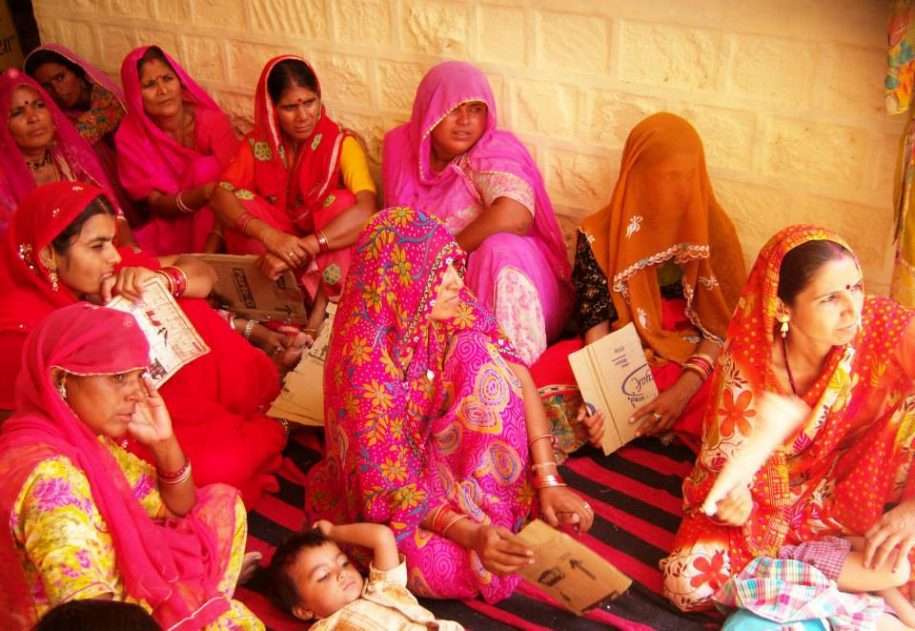We present a guest-post from our intern, Brian Goggin. Brian is a senior at Georgetown University’s School of Foreign Service studying international economics and development. His research interests lie in the relationship between democratic institutions and government development expenditures, with a particular emphasis on urban political economy. After graduation, he hopes to work in a research role before applying to a graduate program in economics or political science. Brian is editor-in-chief of the Carroll Round Proceedings, a collection of undergraduate economics theses presented at an annual research conference at Georgetown each April.
As an intern at CMF, I’ve been working for the past five weeks or so on a Feasibility Study for a proposed maternal health study in the northern states of Uttar Pradesh, Bihar, and Orissa. To give a little context on the proposed study, the project seeks to work with accredited social health activists (or ASHAs) to design context specific solutions to maternal and child health in rural India. The principle investigators are working with CMF to scope out background information about maternal and child health, as well as government health programs, in each of these states to identify feasible districts and blocks where the study could take place.
While helping with this process has been an enriching experience, it has been extremely challenging gathering secondary information from the internet and libraries on the state of affairs for maternal health in rural India. For me, it evokes a renewed vision on what I see as the reasons for doing development research in the developing world. In the process of gathering this information, I have compiled various datasets on maternal health from different sources online and generated district-wise summary statistics on this information. But this begs the question of how much all this secondary-source-navigation actually helps to really paint a clearer picture of the situation on the ground. Is there a gap- or even tension –between academics behind desk cubicles in the developed world and development on the ground?
In the case of the feasibility study, surely general information coming from secondary information online can help give an overview for researchers to choose which point to dive into next. But especially in the case of ASHAs, background documents from state governments include a convoluted series of spreadsheets with differing training, incentive scheme, and payment processing information. I find it extremely difficult to sift through government documents online, which use rosy, imprecise vocabulary to give vague outlines of their programs. However, while searching through independent academic studies of ASHA workings first-hand, I could often gain considerably more concrete information. In particular, one survey study from researchers at Columbia shows that in many states there is a complete lack of a system of formal supervision for ASHAs.[1] This is crucial information which I cannot imagine receiving secondarily from a government or even NGO source.
This illustrates just how important first-hand academic experiences can be, and I think research groups which bridge this gap between academia and first-hand activity are a vital contributor to development. So, although I was admittedly skeptic of the worth of academic research on the ground before my experience with IFMR, I now hold a newfound appreciation of its importance. Not only can this sort of work more accurately point to where the problems lie, but the discovery of these problems can be a major driving force for the research agenda itself. Certainly, there is a complicated relationship between empirical studies conducted in a computer lab and everyday realities on the ground. However, it’s a dynamic relationship which development scholars should continually be questioning, reshaping, and appreciating.
[1] Bajpai, Nirupam and Ravindra Dholakia. Improving the Performance of Accredited Social Health Activists in India.http://globalcenters.columbia.edu/files/cgc/pictures/Improving_the_Performance_of_ASHAs_in_India_CGCSA_Working_Paper_1.pdf. Page 43

